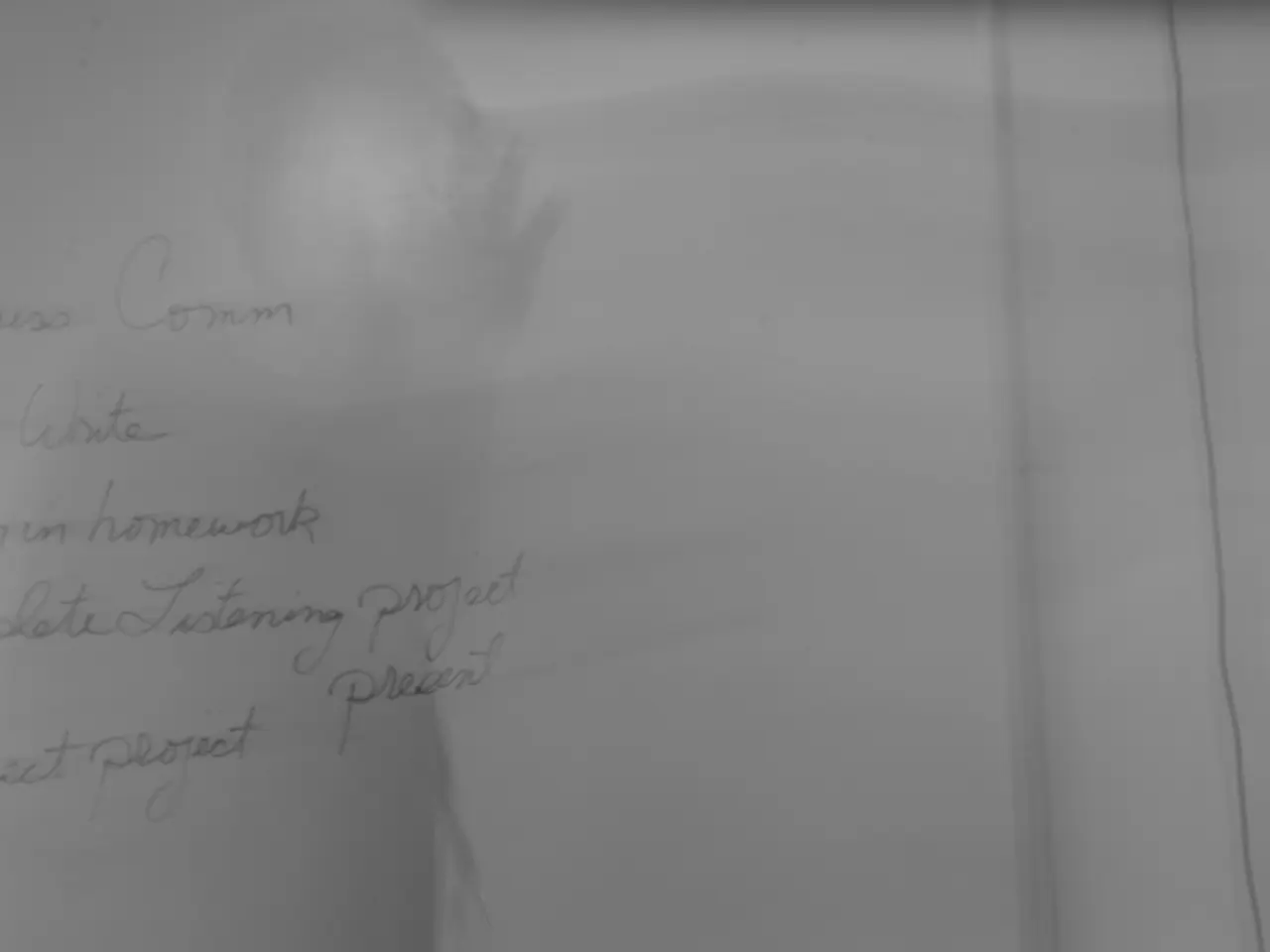Restriction Maintained by FCA Upper Tribunal on Three Parties
In a significant move to uphold the integrity of financial markets, the Financial Conduct Authority (FCA) has barred three traders, Diego Urra, Jorge Lopez Gonzalez, and Poojan Sheth, from working in the financial services sector. The trio, who were previously employed at Mizuho International Plc, have been found guilty of engaging in market manipulation through an abusive trading strategy known as 'spoofing'.
Spoofing, an illegal practice in financial markets, involves placing large, fake orders to buy or sell a security with the intention of canceling them before execution. This tactic creates a false impression of market demand or supply, misleading other market participants about the true price or liquidity of the security. The spoofer then profits from subsequent price movements in their favor.
In the context of Italian Government Bond futures (BTP futures), spoofing would mean faking orders to mislead about demand or supply for these bonds. By doing so, the spoofer can manipulate the perception of demand or supply for these bonds, potentially moving prices artificially to benefit positions they hold in BTP futures or the underlying bonds.
The FCA's investigation found that Diego Urra, Jorge Lopez Gonzalez, and Poojan Sheth engaged in market manipulation when trading in BTP futures from 1 June 2016 to 29 July 2016. The traders used their trading strategy to place large orders for BTP futures that they did not intend to execute, in order to trick other market participants.
As a result of their actions, the traders have been fined £223,400, £100,000, and £57,600 respectively. The Upper Tribunal has agreed with the FCA that the traders' manipulative behavior was dishonest and lacked integrity.
The FCA is pleased that the tribunal found Diego Urra, Jorge Lopez Gonzalez, and Poojan Sheth are not fit to work in financial services. Steve Smart, joint executive director of enforcement and market oversight at the FCA, stated that the organization is taking action against those who abuse financial markets.
The FCA's actions serve as a reminder that market manipulation is a serious offense with severe consequences. Regulators globally monitor such activities closely, and those found guilty face penalties designed to deter further misconduct. The FCA's commitment to maintaining fair and transparent price discovery in financial markets remains unwavering.
[1] Investopedia. (2021). Spoofing. [online] Available at: https://www.investopedia.com/terms/s/spoofing.asp [3] Regulation Asia. (2020). Spoofing and layering in financial markets: What traders need to know. [online] Available at: https://www.regulationasia.com/spoofing-and-layering-in-financial-markets-what-traders-need-to-know/271542 [4] Commodity Futures Trading Commission. (2018). Spoofing. [online] Available at: https://www.cftc.gov/marketreports/fraudandscamalert/spoofing/index.htm
- The FCA's commitment to maintaining fair and transparent price discovery in financial markets includes monitoring activities such as spoofing, a practice like the one engaged in by Diego Urra, Jorge Lopez Gonzalez, and Poojan Sheth, which involves manipulating events in the finance sector through false orders to influence the market and profit.
- As part of their efforts to uphold the integrity of financial markets, regulatory bodies like the FCA impose penalties on those found guilty of market manipulation, as demonstrated by the fines imposed on Urra, Lopez Gonzalez, and Sheth for their spoofing activity in BTP futures that involved abusive trading events, a tactic designed to deceive other market participants and benefit their finance business.




